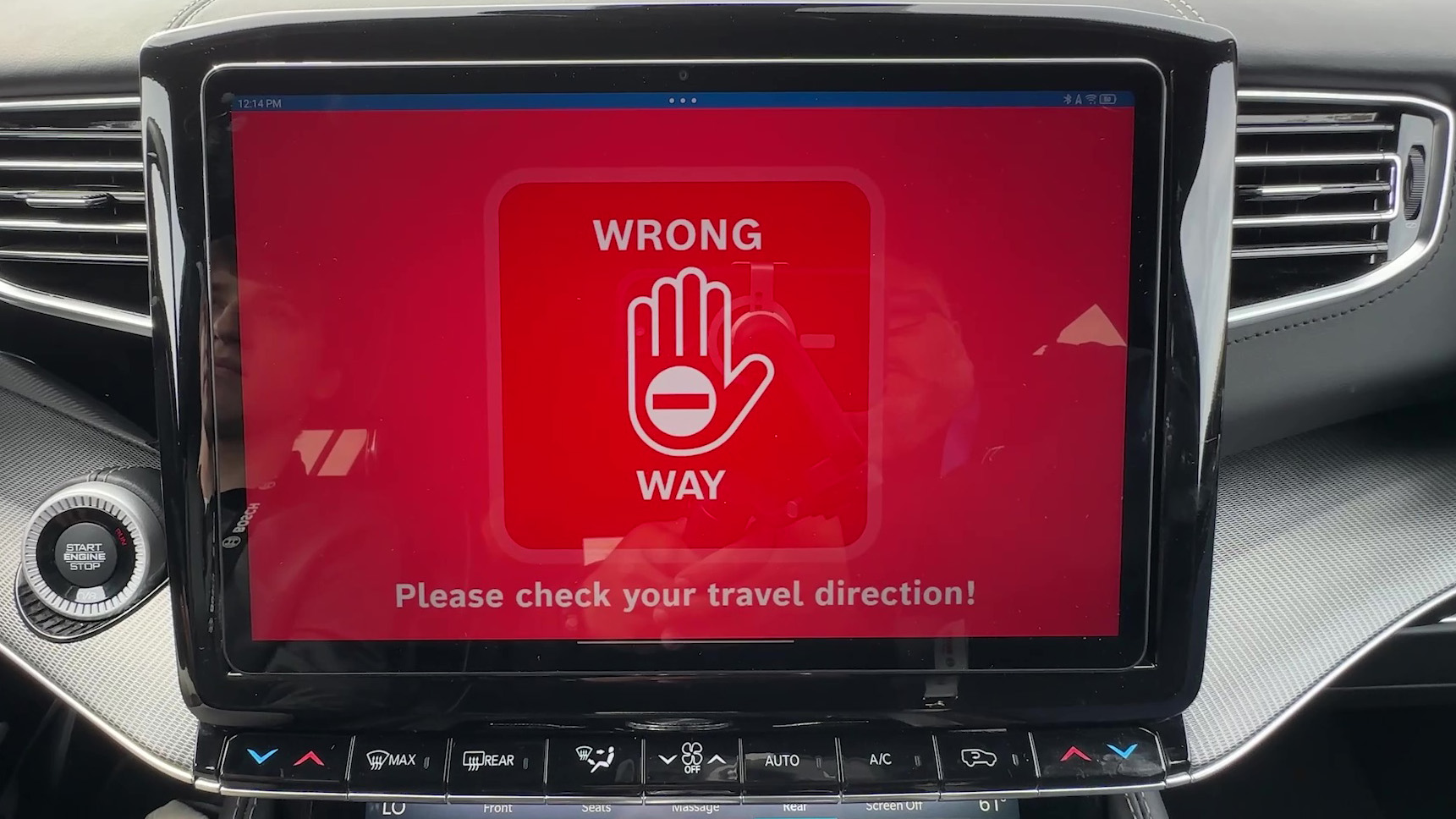The Electric Reliability Council of Texas says the state has enough electrical capacity to meet soaring demand in this heat wave.
Across the state, enough consumers held off on electric usage between the peak heating hours between 4 p.m. and 8 p.m. to keep the electric grid out of any one of the three energy emergency levels.
ERCOT used the yellow color designation on Tuesday to request energy conservation due to high heat, slowing winds and an atypical amount of power plants using coal or natural gas being offline, the grid operator said.
Grid operation returned to green or normal conditions by 9 p.m. after sunset.
Get DFW local news, weather forecasts and entertainment stories to your inbox. Sign up for NBC DFW newsletters.
“Whatever we can do for voluntary conservation along the edges that will help the grid get through these times,” said Daniel Cohan, an associate professor of environmental engineering at Rice University who watches ERCOT grid conditions closely.
Cohan adds the mix and the amount of energy sources powering the electric right now is more diverse and plentiful than the February 2021 winter storm, especially for solar energy.
Texas gained its first gigawatt of solar power just five years ago. Cohan says that solar electrical capacity on the grid is already 16 times greater today.
Local
The latest news from around North Texas.
“The new solar coming online that’s really made the difference between having these voluntary calls like we have today and being a much more serious situation like we would be without the solar,” Cohan said.
Still, Cohan says the combination of higher temperatures, no wind and more power plants going offline at the same time could put additional strain on the grid during any extended heat wave.
As for this current round of high heat, Cohan expects another call for electric conservation on Wednesday.
“ERCOT is expecting demand to get even higher with a bit hotter temperatures and the winds are expected to be slower,” Cohan said.



